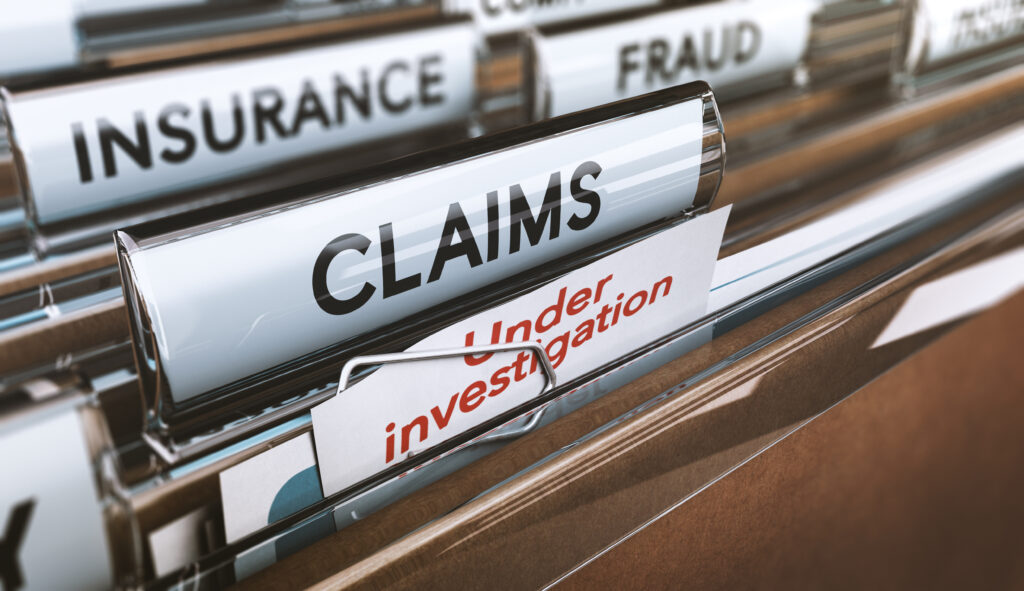News
New Nationwide Policy for U.S. Attorney Offices Regarding Corporate Self-Disclosure

By: Matthew R. Palmer-Ball
As we have reported previously, the U.S. Department of Justice (“DOJ”) announced new guidance for federal prosecutors investigating corporate misconduct in September 2022 and then announced in January 2023 new potential incentives for corporate entities to voluntarily self-disclose wrongdoing to DOJ components. In line with those announcements, DOJ announced on February 22, 2023 a new Voluntary Self-Disclosure Policy that applies to all U.S. Attorneys’ Offices (“USAOs”) nationwide (USAOs, while technically part of DOJ, operate distinctly from the DOJ headquarter components for which the January 2023 policy applied). This new policy is meant to create consistency among USAOs in how they define and treat corporate voluntary self-disclosures (“VSD”).
Standards of Voluntary Self-Disclosures
To constitute a VSD under this policy:
- It must be made voluntarily. There cannot have been “a preexisting obligation to disclose, such as pursuant to regulation, contract, or a prior [DOJ] resolution (e.g., non-prosecution agreement or deferred prosecution agreement).”
- It must be made under certain time restraints: “prior to an imminent threat of disclosure or government investigation,” “prior to the misconduct being publicly disclosed or otherwise known to the government,” and “within a reasonably prompt time after the company becoming aware of the misconduct.”
- It “must include all relevant facts concerning the misconduct that are known to the company at the time of the disclosure.” The company is not under an obligation to know all facts, just to report what it knows, even if that knowledge is preliminary.
- The company must “move in a timely fashion to preserve, collect, and produce relevant documents and/or information, and provide timely factual updates,” and, if the company conducts an internal investigation, the company must provide “appropriate factual updates as that investigation progresses” to the USAO.
Benefits
A USAO “will not seek a guilty plea” if:
- The disclosure meets the criteria of a VSD under this policy.
- The company fully cooperates with the USAO in its investigation.
- The company “timely and appropriately remediate[s] the criminal conduct,” which includes but is not limited to “pay[ing] all disgorgement, forfeiture, and restitution resulting from the misconduct at issue.”
Rather than a guilty plea, the USAO would decline to prosecute or enter into a non-prosecution agreement or deferred prosecution agreement. If the USAO required a fine, which it would not have to do, it “will not impose” one “that is greater than 50% below the low end of the U.S. Sentencing Guidelines fine range.”
Additionally, for companies that meet all these criteria, the USAO will not require the imposition of an independent compliance monitor as long as “the company demonstrates at the time of resolution that it has implemented and tested an effective compliance program.”
Aggravating Factors
Even if a company’s disclosure meets all the criteria of a VSD under this policy, the USAO may still seek a guilty plea if any of the following aggravating factors are present:
- Misconduct that “poses a grave threat to national security, public health, or the environment.”
- Misconduct that “is deeply pervasive throughout the company.”
- Misconduct that “involved current executive management of the company.”
If the USAO requires a guilty plea but the company has otherwise “voluntarily self-disclosed, fully cooperated, and timely and appropriately remediated the criminal conduct,” the USAO will recommend significantly reduced fines.
Takeaways While this policy appears to contain fewer ambiguities than related DOJ policies, there is still plenty of room for discretionary interpretation by individual prosecutors—take for instance the application of undefined terms such as “reasonably promptly” and “deeply pervasive.” But this policy is still, on balance, a net gain for companies considering whether and how to report misconduct. Perhaps the two clearest takeaways are: (1) every USAO across the country will now have the same framework for evaluating corporate self-disclosures and the benefits for them, which is helpful for organizations operating in multiple federal districts; and (2) companies and their counsel will have a checklist to use when deciding whether, when, and what to self-disclose.

Matthew R. Palmer-Ball
Matt Palmer-Ball is a seasoned trial attorney and former federal prosecutor. He concentrates his practice in the areas of complex commercial litigation, white collar crime, and internal and government investigations. Prior to joining Wyatt, Matt served as a Trial Attorney with the U.S. Department of Justice’s Public Integrity Section and as an Assistant U.S. Attorney for the District of Columbia. Read more.
